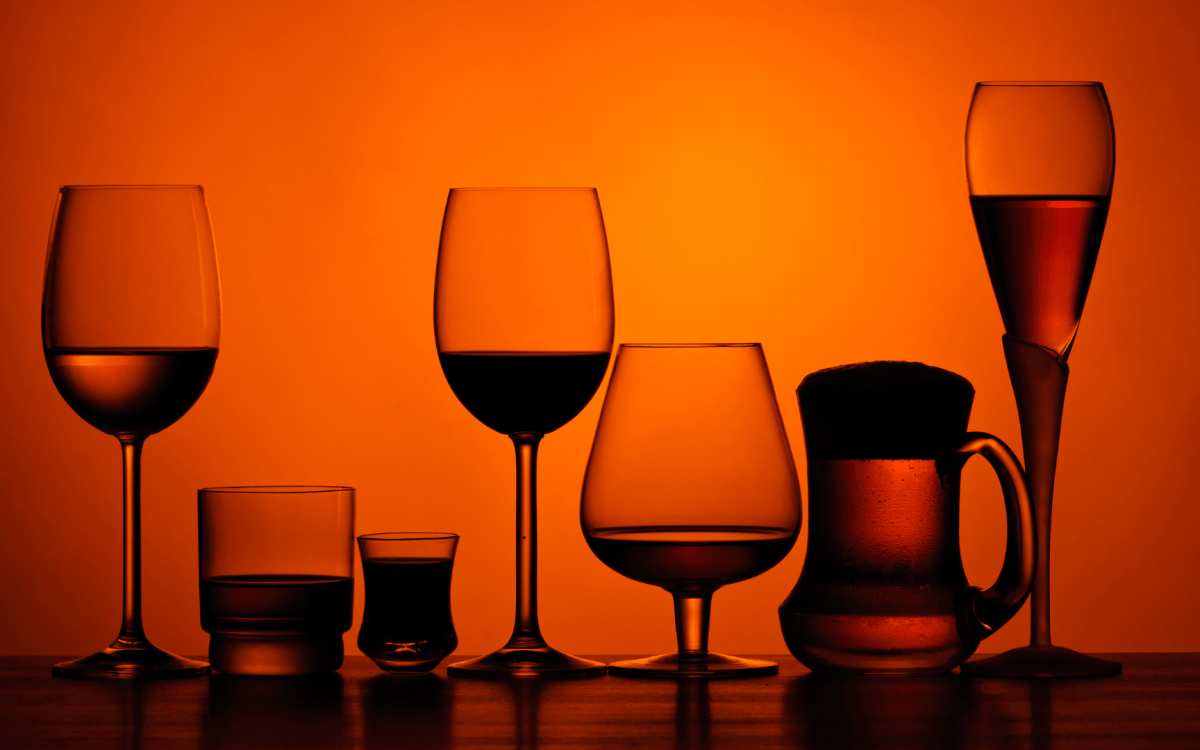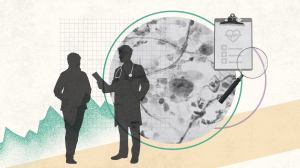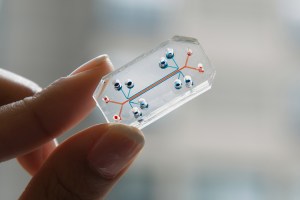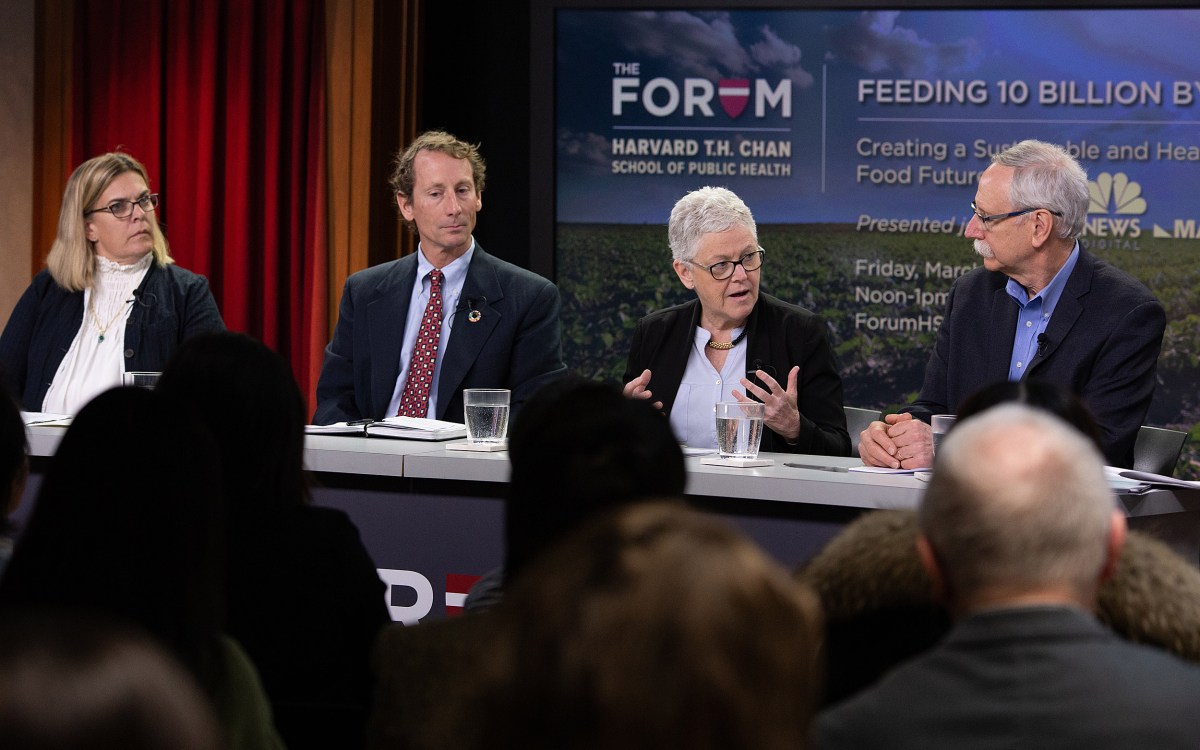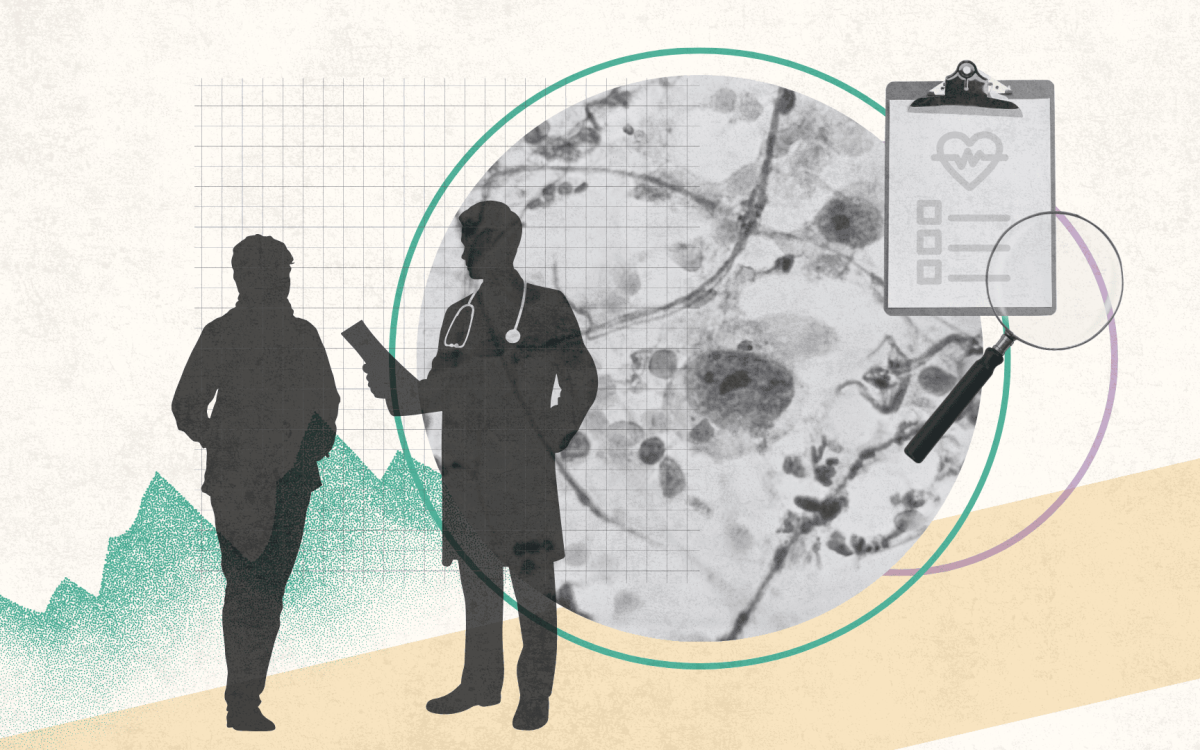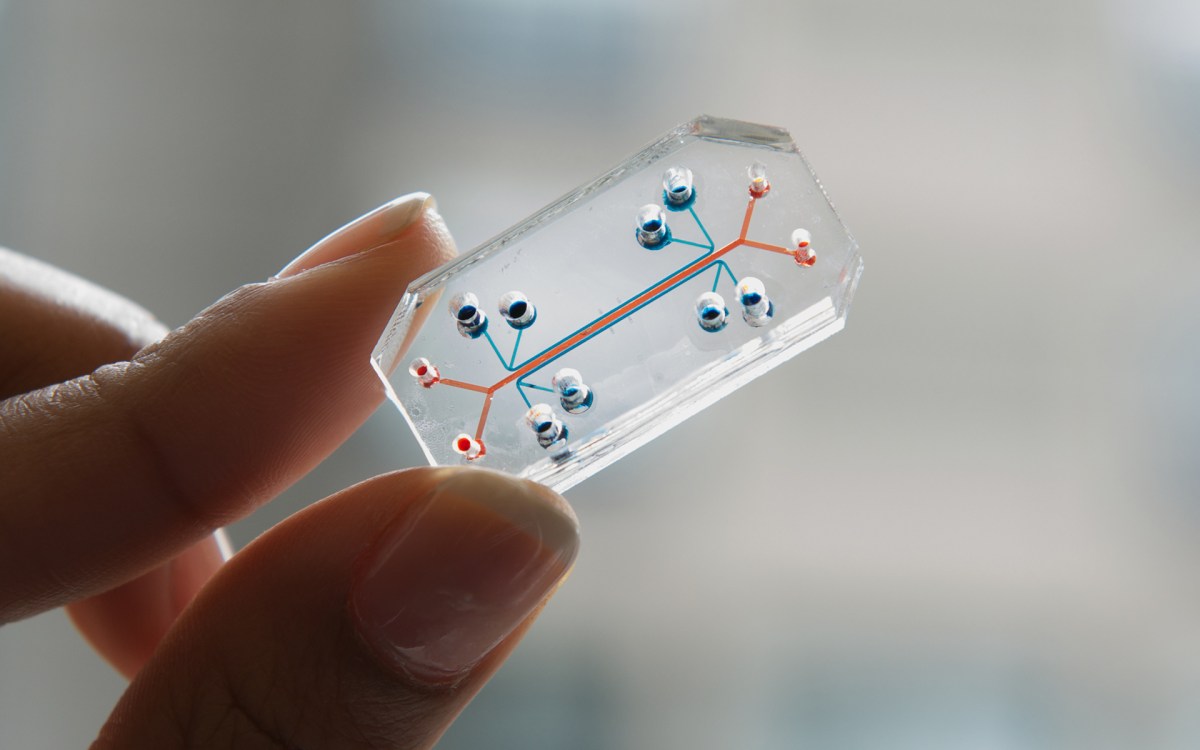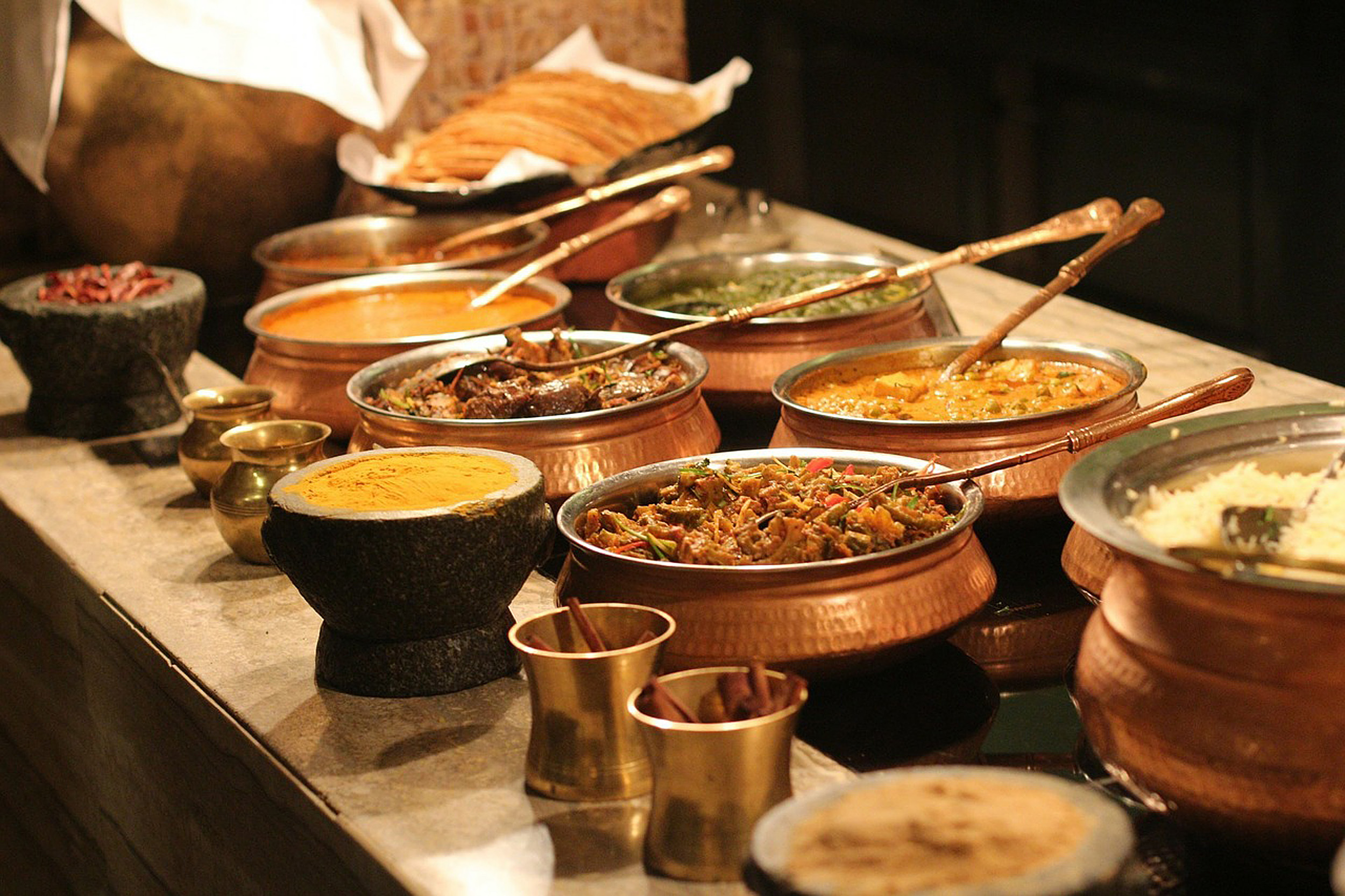
Pixabay
What we eat and why we eat it
Ph.D. students explore the culture and science of food in the Veritalk podcast
Food binds us together. A shared meal can help broker peace between families, or peace between nations. But food also can be divisive. Deciding what to eat is about more than nutrition or what tastes good. What we choose to feed ourselves and our families is a product of our cultural and political identities.
In the latest series from Veritalk, a podcast from the Graduate School of Arts and Sciences, Harvard Ph.D. students share their insights into the science and culture of food.
Episode 1: Turmeric lattes and tikki masala
The connection between food and culture fascinates Nikhita Obeegadoo, who taught a course entirely about the connection between food and diaspora. In her class, students explored the ways that immigrants have brought new food traditions into American culture.
“Culture is always changing, culture is always evolving,” Obeegadoo said. “And there is something unrealistic in expecting food to just stay the way it is.”
Episode 2: Veritalk goes vegan
Americans’ eating habits might be on the verge of another major cultural shift. Sociology student Nina Gheihman says that like it or not, climate change will make animal agriculture unsustainable. Fast-food companies are trying to get ahead of that trend. Burger King and White Castle recently introduced beef-free burgers. And, very soon, lab-grown meat will hit the consumer market.
“I think this is really exciting technology because we really do have a huge problem when it comes to the ethical and the environmental consequences of animal agriculture,” Gheihman said. “So it has huge potential in changing our food system.”
Episode 3: Go with your gut
Surprisingly, there is a lot that scientists don’t yet know about how the foods we eat affect our health. We get help in digesting food from trillions of tiny bacteria in our guts. Cary Allen-Blevins studies the connection between breast milk and the infant gut microbiome, and Vayu Maini Rekdal studies the way microbes help us get nutrition from plants.
“If you did not have gut microbiota in your system, then a lot of things go really haywire,” Allen-Blevins said. “There are differences in immune regulation. There are differences in behavior.”
Episode 4: Your body isn’t broken
Not everyone has access to healthy foods. Education programs in schools have tried to change that. But Hannah Cory, who worked as a school dietitian in Michigan, takes issue with the idea that education alone can prevent childhood obesity.
“There isn’t a lot of acknowledgment in the literature of the fact that the ‘obesity epidemic’ has been going on for almost two decades now,” said Cory. “I would have students coming in to meet with me and they could already tell me everything I was going to tell them.”
To hear the latest from Harvard Ph.D. students on matters from food to monsters to plumage, subscribe to Veritalk.
